April 2023 Community Meeting
When it comes to impact measurement and management, we know that specificity matters.
In the assumptions we make and the baselines we compare against, the lack of a focused point of view could lead us to misinterpret or misrepresent the impact a climate solution could hold.
Project Frame members Carbon Direct Capital and 2150 shared their focused approaches to forward-looking emissions impact at the April 13, 2023 Community Meeting, demonstrating how their respective spotlights on carbon management and urban solutions enable them to deliver climate-focused investment decisions.
Creating Opportunities in Carbon Management with Carbon Direct Capital
“We view ourselves as science-first investors,” said Mayank Kapoor, Vice-President at Carbon Direct Capital, explaining how Carbon Direct Capital, the investment side, works in partnership with Carbon Direct Inc., their commercial team. “The scientists are really there from before we start diligence, into diligence, and post-investment, as well.”
Kapoor explained that Carbon Direct Capital does not invest in climate solutions at large, but zeroes in on carbon management and related technologies. Carbon Direct Inc.’s science team helps them vet which companies should be looked into, asking questions like: “What is their technology? Will it scale?”
Following investment, he said, “They are a resource for our portfolio companies, for whatever they need, whether it's high-level advice, general check-ins, a policy question, or a new product line question.”
Because carbon management is a young industry, Kapoor explained that the impact metrics tracked are not set in stone, with Carbon Direct Capital looking beyond GHG emissions impact to consider other topics, such as environmental justice, for which they recently brought on a dedicated team member.
Equally, he said, they do not set specific emissions targets for their portfolio companies but “focus more holistically on impact, almost on a case-by-case basis.”
“It gives us a bit of breathing room to tailor our decisions on impact for each company and each investment decision rather than having a prescriptive view that may not fit every company the same way.”
Explore the Impact of Urban Solutions with 2150
“Sustainability is really ingrained in our due diligence the same way you would have robust financial due diligence,” explained Peter Hirsch, Head of Sustainability at 2150, an Article 9 fund under the EU’s SFDR that focuses on early-stage investments for urban-based technologies.
For 2150, urban tech means focusing on buildings and industry, as well as energy, transport, and carbon management. All the while, Hirsch explained that they work beyond climate mitigation by also looking at adaptation, biodiversity, and circular economy
The motivation for 2150’s focus on cities, Hirsch explained, is the role they play in the climate picture more broadly.
“They really are the driver for climate change but also what we see as engines of growth when it comes to scaling up the solutions we need to reach net zero and create more resilient spaces.”
Hirsch detailed how 2150’s approach to investment comes in three stages, starting with deep dive research “into a specific sustainability challenge that we've identified to figure out exactly what's driving the impact.”
From there, they develop a thesis to identify which companies could have an outsized impact in that sector, Before 2150 plays a “typical venture capital role.”
When it comes to IMM, Hirsch explained that they take a “planned impact approach that is informed by a potential impact evaluation.”
Project Frame defines planned impact as “the change in GHG emissions that a specific innovation both intends and expects to cause compared to an incumbent and based on a realistic analysis of its business model.” Potential impact instead is “the change in GHG emissions that an innovation may cause, compared to an incumbent and based on a standardized growth trajectory that assumes that the innovation takes over the Serviceable Obtainable Market (SOM).”
This is combined with a bespoke approach that considers factors beyond GHG, such as energy, materials, and water use.
Want to get involved in establishing best practices for climate solutions investing? Sign up for the Project Frame newsletter.
